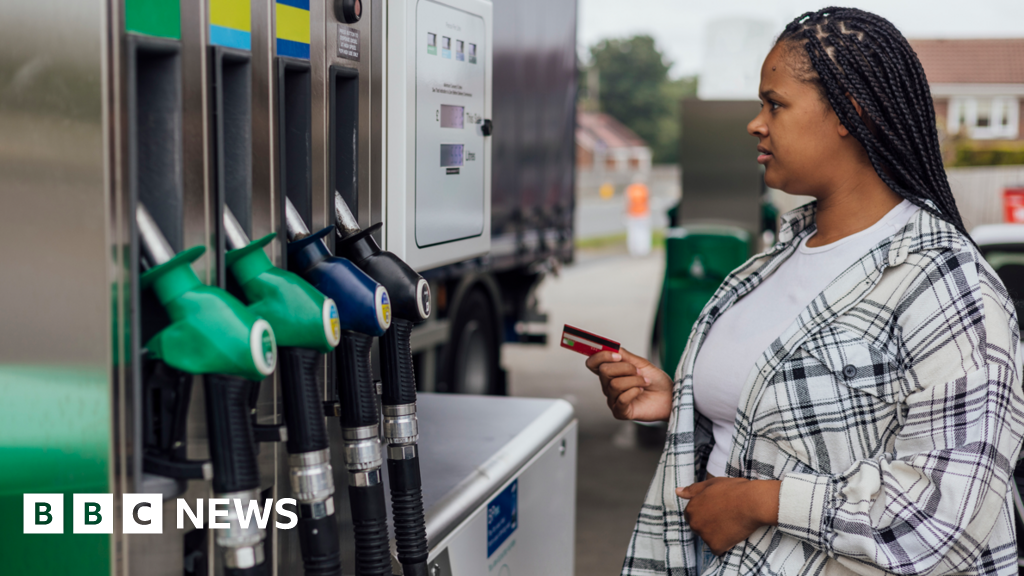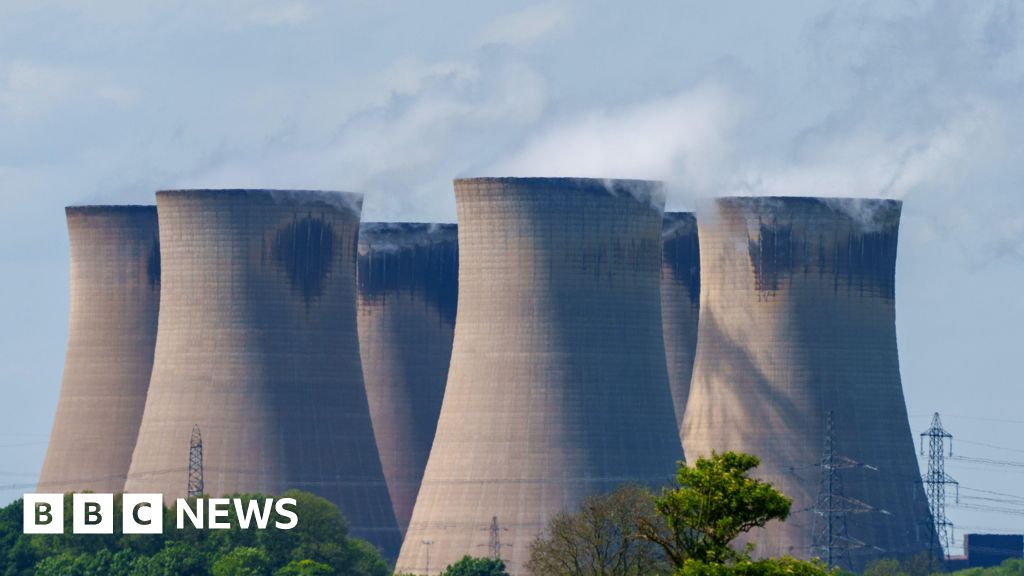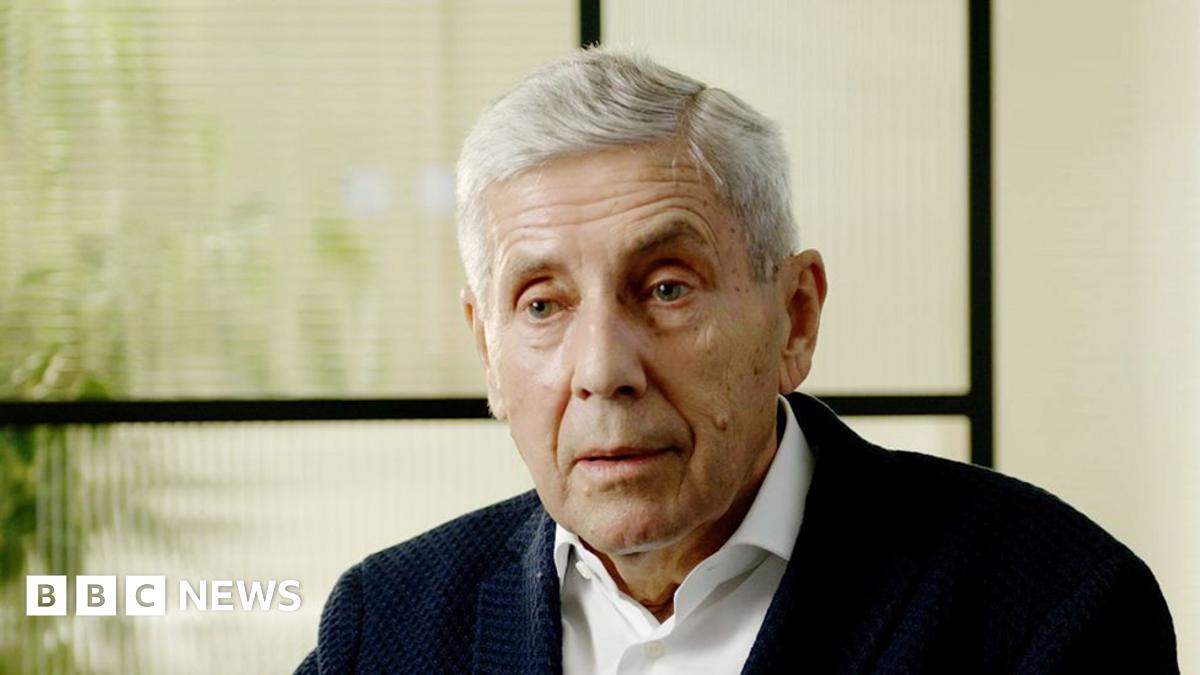Fuel duty has been frozen for more than a decade under the Conservative government. In 2022, the then chancellor Rishi Sunak cut it by 5p per litre. That was extended until March next year.
Simon Williams, head of policy at the RAC, said Ms Reeves “knows the 5p discount is losing the Treasury £2bn a year”.
The UK’s competition watchdog recently found that drivers were still paying too much for fuel, costing them £1.6bn in 2023.
Consequently, the RAC said it had reached the conclusion that Ms Reeves “has no option but to put fuel duty back up”.
“We’d normally be against any increase in duty,” said Mr Williams. “But we’ve long been saying drivers haven’t been benefitting from the current discount due to much higher-than-average retailer margins.”
Sir Keir has refused to rule out any changes to fuel duty. During the election, Labour pledged to protect “working people” by not raising income tax, VAT or national insurance.
In response to whether an increase in fuel duty would be a tax increase for working people, Sir Keir said on Wednesday that Labour would stick to its past promises on tax.
“Beyond that, I’m not going to speculate about the Budget,” he said.
Ms Reeves has also refused to comment on speculation that she may increase inheritance tax, capital gains tax or reform tax relief on pensions.
A Treasury spokesperson said: “The chancellor will set out decisions on tax policy at the Budget on 30 October.”
The chancellor has already set out plans to scrap winter fuel payments for pensioners in England and Wales who are not on benefits.
Within weeks of taking over, Labour claimed that it had uncovered a major shortfall in public finances – which former chancellor Jeremy Hunt has denied.
Credit: Source link











